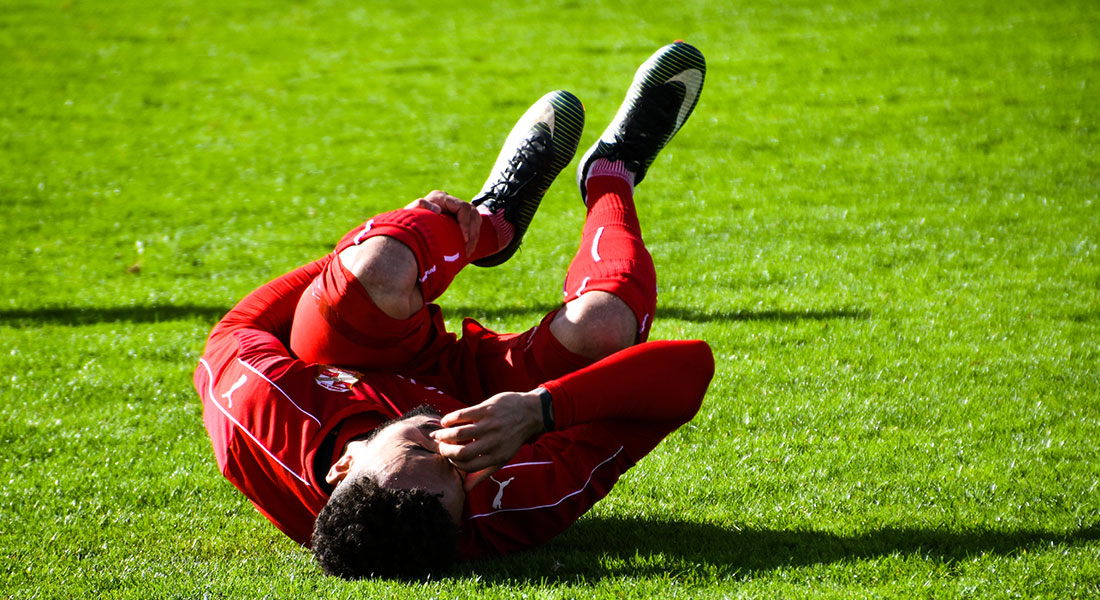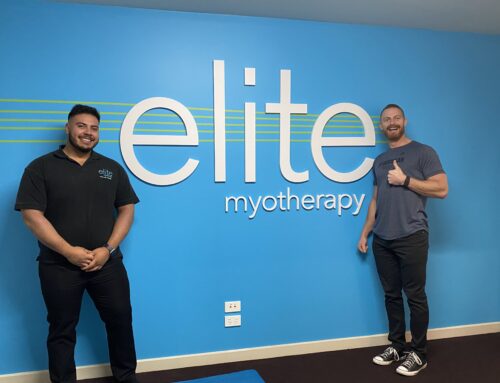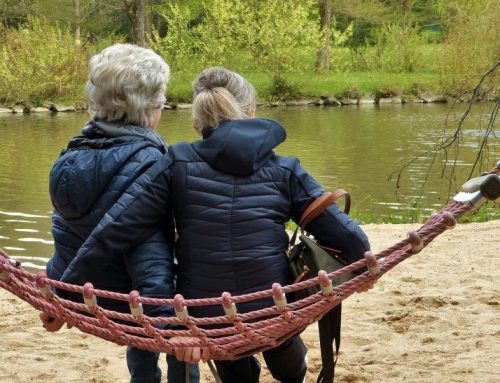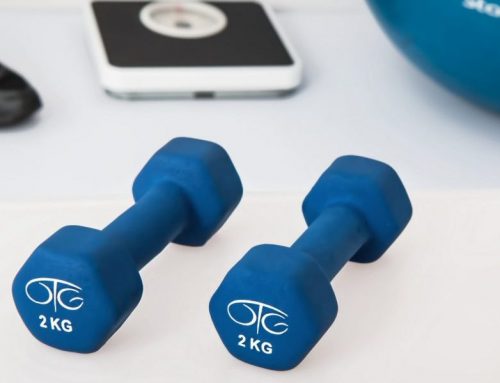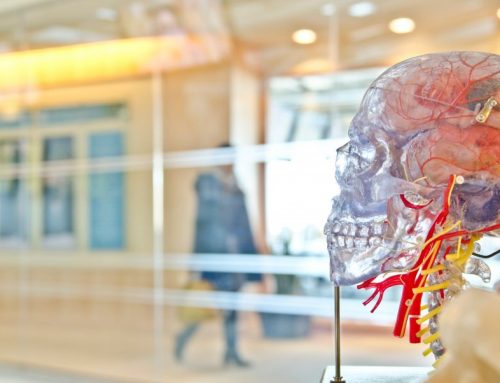A muscle cramp is an involuntary contraction of a muscle that does not relax. When we use the muscles which can be controlled voluntarily, such as those of our arms and legs, they alternately contract and relax as we move our limbs. A muscle (or even a few fibres of a muscle) that involuntarily (without consciously willing it) contracts in a ‘spasm.’ If the spasm is forceful and sustained, it becomes a cramp. Muscle cramps cause a visible or palpable hardening of the involved muscle. We must first consider why you are getting cramps?
Since every person is different, we have listed a few suggestions of why you may suffer from cramps and how to help!
Injury: Persistent muscle cramps may occur as a protective mechanism following an injury
Vigorous activity: Cramps are commonly associated with the vigorous use of muscles and muscle fatigue. Such cramps may come during the activity or later, sometimes many hours later
Rest cramps: Cramps at rest are very common, especially in older adults, but may be experienced at any age. Rest cramps often occur during the night. While not life-threatening, night cramps can be painful, disturb sleep and they can recur frequently. The actual cause of night cramps is unknown, but may be due to the factors below.
Dehydration: Sports and other vigorous activities can cause excessive fluid loss from perspiration as well as general dehydration.
Low blood calcium, magnesium: Low blood levels of either calcium or magnesium directly increase the excitability of both the nerve endings and the muscles they stimulate, which may cause cramps.
Low potassium: Low potassium levels occasionally cause muscle cramps, although it is more common for low potassium to be associated with muscle weakness.
At Elite Myotherapy, we suggest a proper assessment of your body is the best way to determine why you are getting muscle cramps. If you have an underlying injury, or imbalance in your joints and muscles, it is important to address this issue first, as it is the most important. Once injury is cleared, there are many alternate treatments we suggest for people that suffer from cramps.
Hydration! It is important to drink at least 2 litres of fluid a day (preferably water and/or herbal teas). This is important for reducing fluid retention and removing wastes from the muscle.
Stretching! Stretching the compound muscles of the body, including the quadriceps, calves, hamstrings and gluteals will help maintain the length tension relationship between the muscle fibres to reduce cramps.
Diet! Vitamin deficiency can be a cause of muscle cramps. We suggest consulting your GP for advice regarding your diet. Increasing your intake of foods containing potassium (beans, dates, nuts, whole grains, bananas, raisins, spinach and canned tomato products), foods high in Vitamin E (wheat germ, vegetable oils and sunflower seeds) and foods rich in Calcium and Magnesium (nuts, dark leafy greens and also whole grains) are suggested to help with muscle cramps, as well as maintaining a healthy diet.
Self Massage! Self-massage techniques using a spikey ball or tennis ball, is a great way of reducing muscle spasms and tight spots within the muscle. Using the balls in the bottom of your feet, is a great way to help with the tightness of the muscle under your foot that may cause cramps in your toes and calf.

